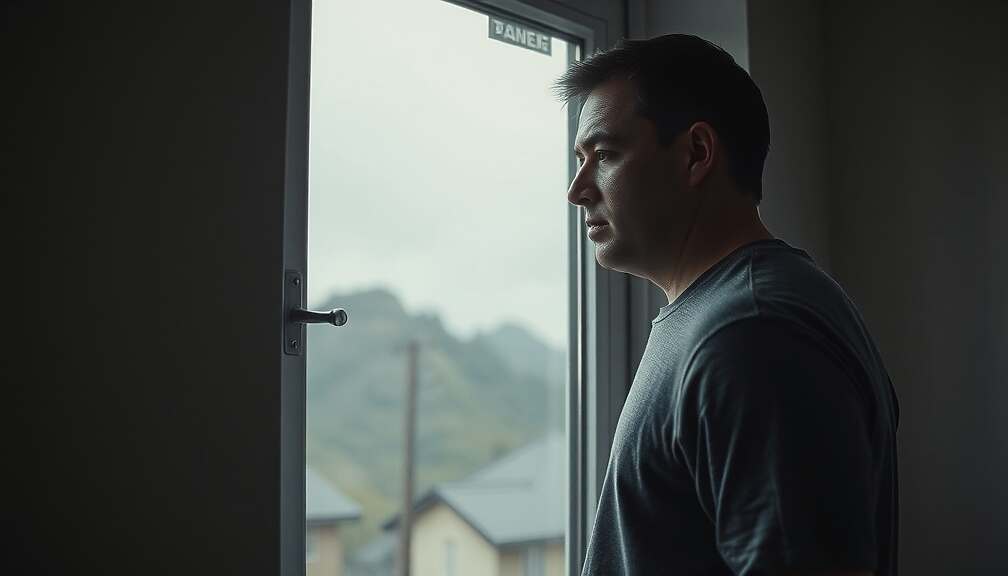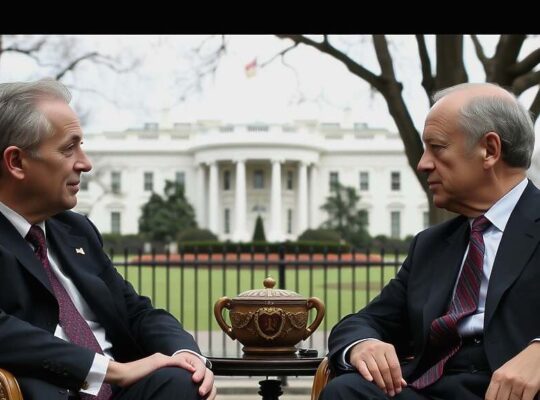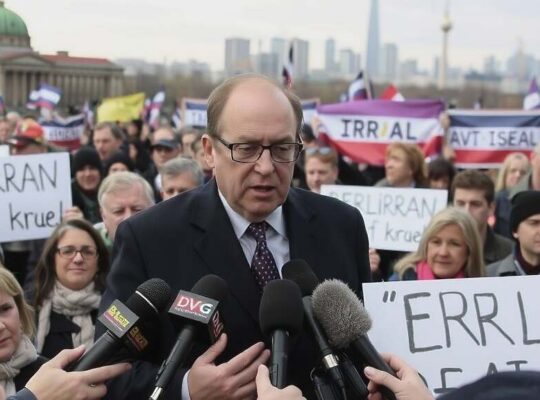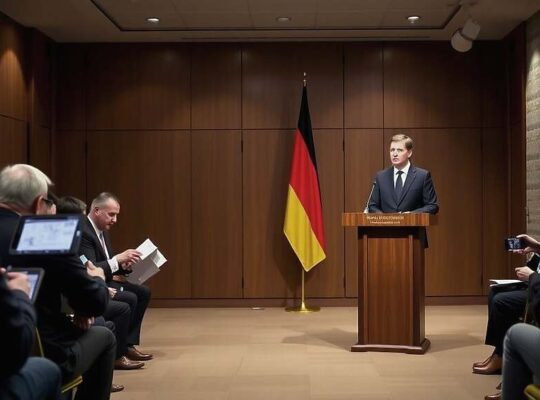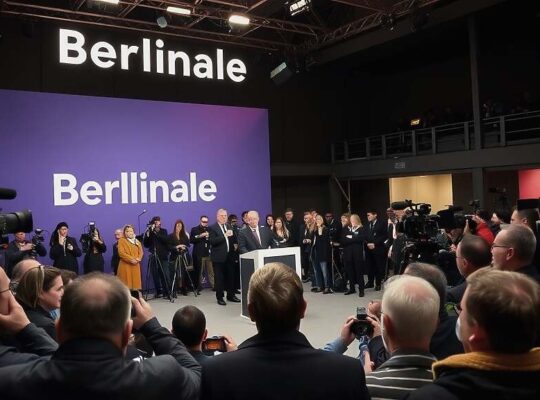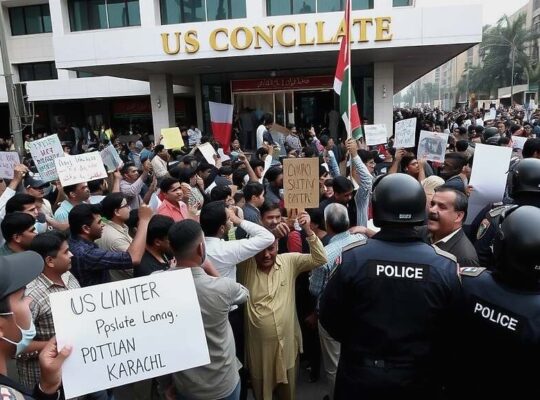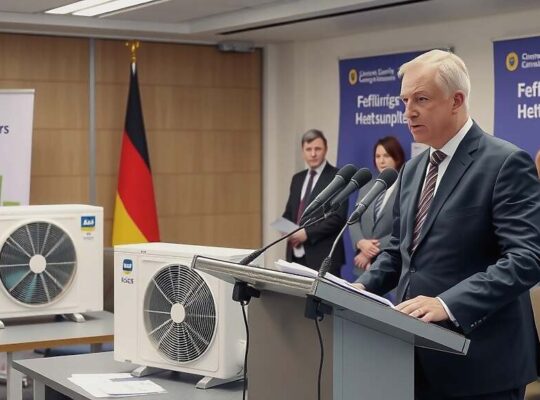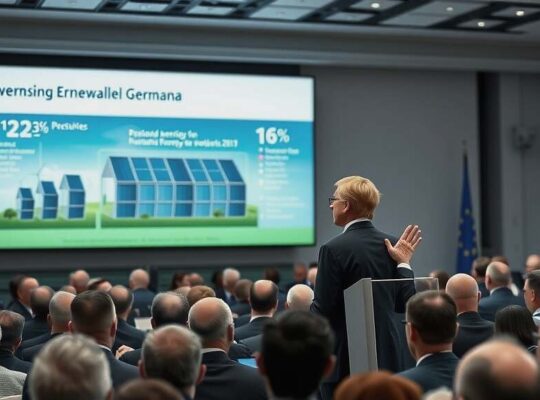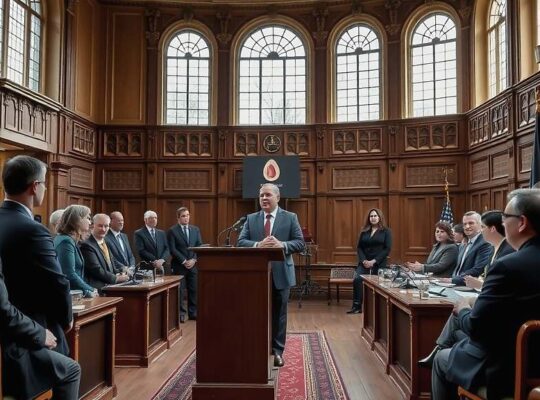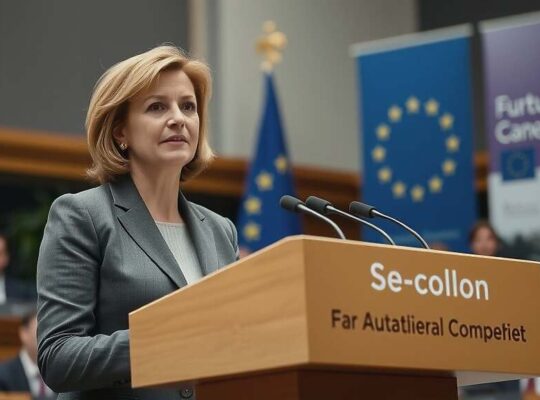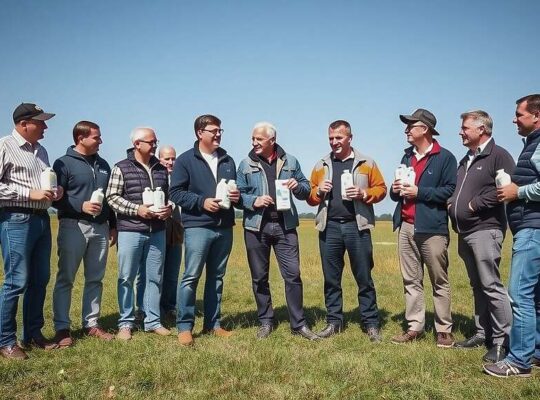The absence of Transport Minister Patrick Schnieder, currently recuperating from a circulatory collapse, continues to cast a shadow over German coalition politics and raises critical questions about the future of infrastructure funding. Schnieder, 57, remains out of the public eye, working from his home in the Eifel region and foregoing scheduled appearances both in Berlin and at local events. A spokesperson confirmed his continued absence, offering no timeline for his return.
Schnieder’s collapse during a coalition retreat on September 30th, initially attributed to a possible delayed cold, has coincided with a particularly contentious debate surrounding proposed infrastructure spending. The situation highlights a deepening rift within the governing coalition, comprised of the Christian Democratic Union (CDU), the Social Democratic Party (SPD) and the Green Party.
A significant absence will be Schnieder’s inability to attend the upcoming coalition committee meeting on Wednesday. His State Secretary, Christian Hirte, is expected to represent him. The meeting itself is slated to address the very issue that fuelled Schnieder’s demands – the allocation of additional funding for new road construction projects.
Schnieder had previously requested an extra €15 billion to prevent the cancellation of dozens of planned highways and federal roads. This request, accompanied by a detailed list of projects, was sharply rebuffed by Federal Finance Minister Lars Klingbeil of the SPD in a formal letter. This correspondence underscores the significant financial strain and political disagreements within the government concerning infrastructure investment priorities.
Analysts suggest Schnieder’s absence further complicates the negotiation process and emboldens those within the coalition, particularly within the SPD and Greens, who advocate for a more cautious approach to spending, emphasizing sustainable transport alternatives to large-scale highway construction. The continuing questions surrounding Schnieder’s health and his demands for increased road funding, reveal a deeper power struggle and expose vulnerabilities within the German governing alliance.


